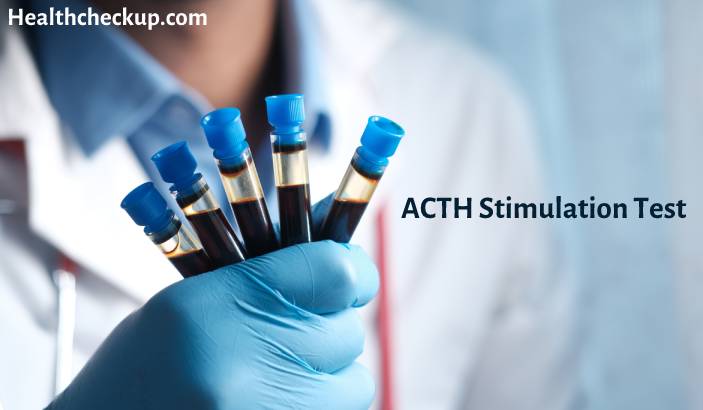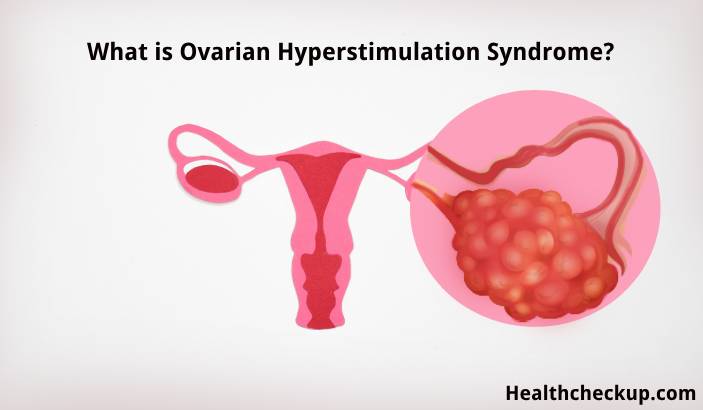The adrenocorticotropic hormone (ACTH) test is a blood test that measures the level of ACTH in the body. ACTH is a hormone produced by the pituitary gland that stimulates the production of cortisol, a hormone produced by the adrenal gland. Cortisol plays a role in many functions in the body, including the regulation of blood pressure, metabolism, and the body’s response to stress.
Purpose:
The ACTH Blood test is used to diagnose and manage conditions that affect the adrenal gland, such as:
Adrenal insufficiency: This is a condition in which the adrenal gland does not produce enough cortisol. Adrenal insufficiency can cause fatigue, weakness, weight loss, and low blood pressure.
Cushing’s syndrome: This is a condition in which the body produces too much cortisol. Cushing’s syndrome can cause weight gain, thinning of the skin, bruising, and high blood pressure.
ACTH-secreting tumors: These are tumors that produce ACTH, leading to an excess of cortisol in the body.
Procedure:
The ACTH test is performed as follows:
- A healthcare provider will draw a blood sample from a vein in your arm.
- The blood sample will be sent to a laboratory for analysis.
Normal range:
The normal range for ACTH levels in the blood varies depending on the specific laboratory, but generally falls within the range of 10 to 60 picograms per milliliter (pg/mL).
Results:
The results of the ACTH stimulation test will be available within a few days. The healthcare provider will interpret the results and determine if further testing or treatment is necessary.
Risks:
There are minimal risks associated with the ACTH stimulation test. Some people may experience minor bleeding or bruising at the puncture site, or may feel dizzy or faint after the blood draw.
It’s important to follow the prescribed treatment and monitoring guidelines for conditions affecting the adrenal gland and to inform your healthcare provider of any symptoms you may be experiencing. Early diagnosis and treatment can help improve outcomes and reduce the risk of complications.









